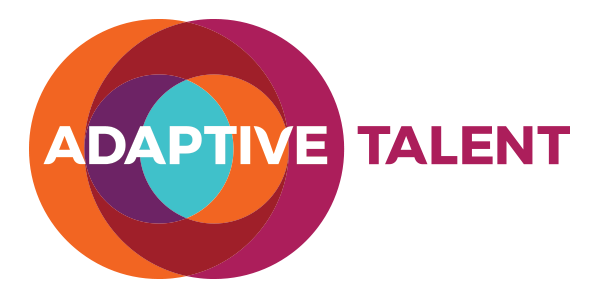Google just announced that they are using crowd sourcing techniques to solicit ideas, opinions, and ratings of new mobile applications from their user base. Although they have a sizable development team they are wisely opening up their development and marketing process to systematically include their large user base. The users will solicit ideas for products or enhancements to products and then the entire community will vote on the best ideas. You’re using the wisdom of the crowds to bubble up the best ideas which can then be acted on by the Google development team or a group of external developers can develop the idea first. Google can then purchase the technology, or simply offer it on their G1 mobile applications marketplace. Google wins in either case because (a) they’re getting free labour; (b) they’re tapping into and cultivating the passions of their user base; (c) they’re getting free and highly accurate customer insight (at a scale they could never achieve via traditional approaches); and (d) they’re getting the products that matter most according to their users.
Knowledge management (commonly referred to as KM) is a way for any organization to put some structure into the way they create, apply, and share information amongst stakeholders. This can mean within the company, with key partners and, of course, customers.
KM can be used as input for your mentoring and training programs within your company because you can tap your experts to lead discussions and document the knowledge so it moves from an individual to the organization. This allows a company to bring new hires up to speed quickly, survive retirements or terminations, and is something that any sized organization can do.
KM is also a fantastic way to deepen the relationships with your customers and to inspire and energize your employees. People want their work to matter and to make their organization successful and often the feedback cycle is limited to revenue numbers, reviewers’ ratings, or limited customer testing. Expanding the process to include customers further up the idea supply chain allows a tight feedback loop for your employees, gives management a much clearer sense of desirable products and services, and can be done in person, online, or both.

